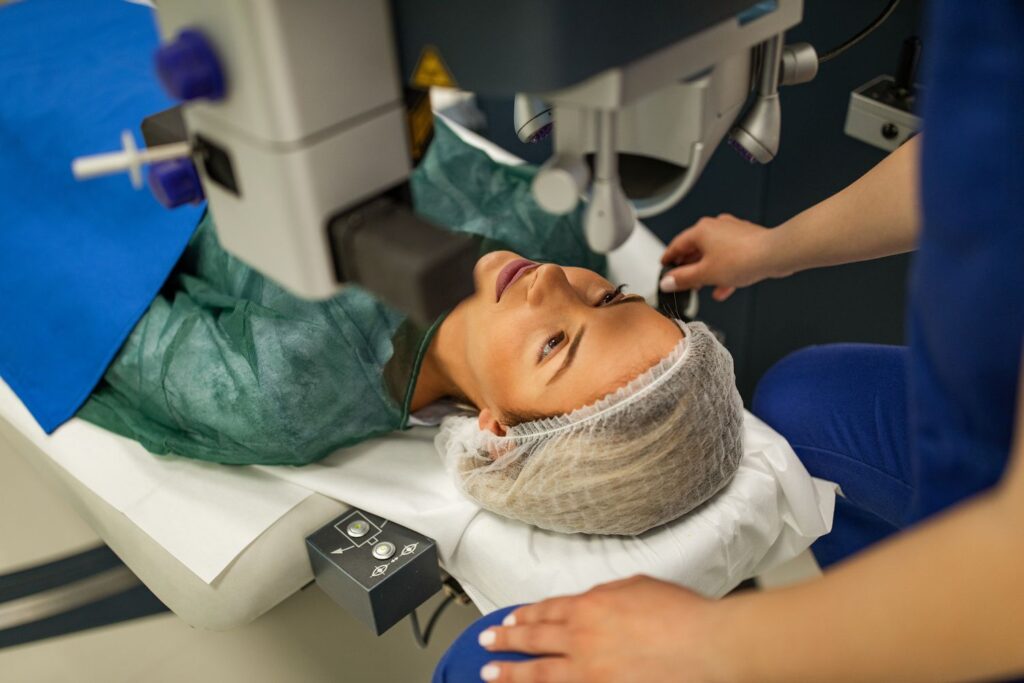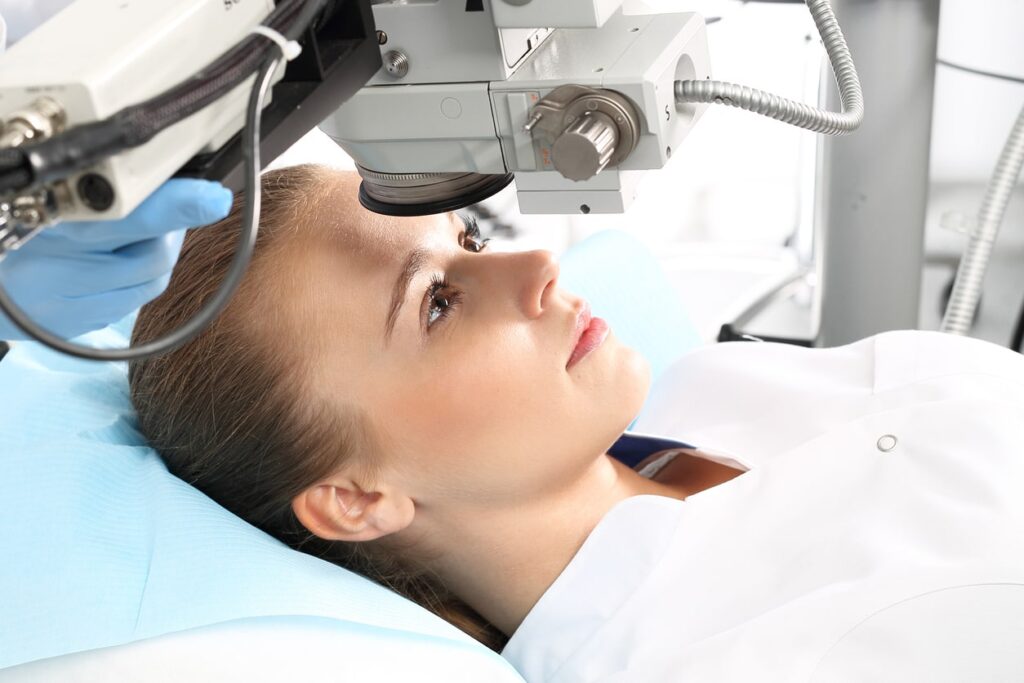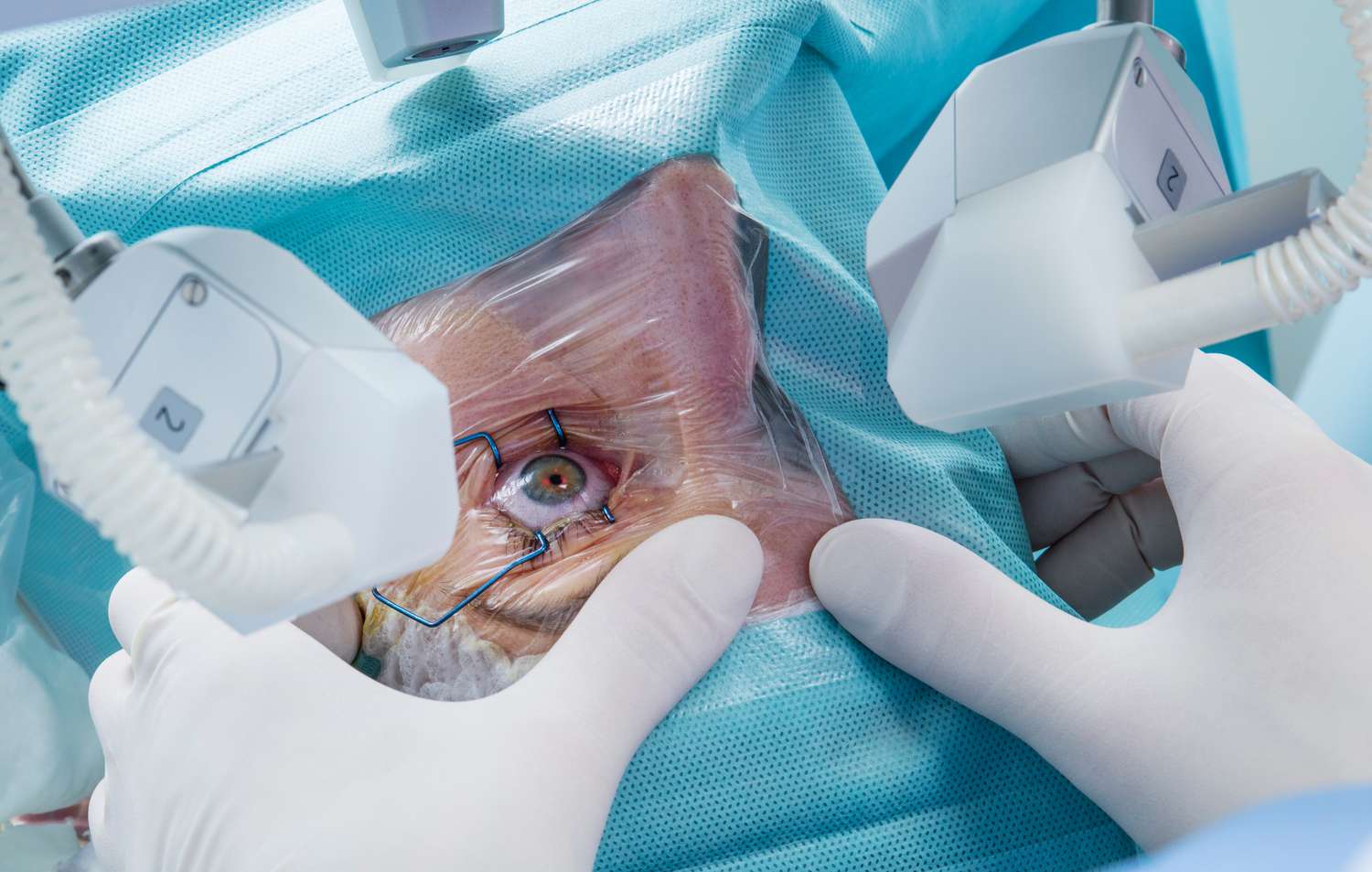Cataract surgery is a common procedure that helps restore vision to those affected by cataracts. Understanding what to expect before, during, and after surgery can help ease any anxieties and ensure a smooth experience. This article will provide an overview of cataracts, why surgery may be necessary, the procedure itself, as well as post-surgery expectations and how to prepare.
Understanding Cataracts
What are Cataracts?
Cataracts are a common eye condition that primarily affects older individuals. They occur when the lens of the eye, which is normally clear, becomes cloudy. This clouding can cause blurry vision, color changes, and difficulty seeing in low light conditions.
As Cataract Surgery progress, they can significantly impact a person’s quality of life by affecting their ability to perform daily tasks such as reading, driving, and recognizing faces. It is essential to diagnose and treat cataracts early to prevent further vision deterioration.
Causes and Risk Factors of Cataracts
Cataracts can develop due to a variety of factors, including age, genetics, certain medical conditions (such as diabetes), and long-term exposure to UV radiation. Additionally, smoking and excessive alcohol consumption can increase the risk of developing cataracts.
Age is the most common risk factor for cataracts, with the majority of individuals over the age of 60 experiencing some degree of lens clouding. Genetic predisposition can also play a role, as some families have a higher likelihood of developing cataracts. Furthermore, individuals with diabetes are at an increased risk due to the impact of high blood sugar levels on the eye’s lens.

The Need for Cataract Surgery
Symptoms Indicating the Need for Surgery
While cataracts can initially be managed with glasses or contact lenses, surgery may become necessary if the condition worsens and begins to significantly impact daily activities. Some indications that surgery may be needed include blurred or double vision, difficulty reading or driving, and frequent changes in prescription glasses.
It is important to note that cataracts are a common age-related condition, with the majority of individuals over the age of 65 developing cataracts to some extent. As the natural lens of the eye becomes clouded with age, it can lead to a progressive decline in vision quality. This gradual deterioration can make simple tasks such as reading, driving, or recognizing faces challenging, ultimately affecting one’s independence and overall well-being.
Benefits of Cataract Surgery
Cataract surgery is highly successful in improving vision and quality of life for individuals with cataracts. The procedure involves removing the cloudy lens and replacing it with an artificial lens called an intraocular lens (IOL). This IOL can correct nearsightedness, farsightedness, and astigmatism, reducing or eliminating the need for glasses or contact lenses. Additionally, cataract surgery can improve color perception and overall visual clarity. Learn more about color perception at https://webvision.med.utah.edu/book/part-viii-psychophysics-of-vision/color-perception/
Furthermore, cataract surgery is a relatively quick and safe procedure, often performed on an outpatient basis. The recovery time is usually short, with many patients experiencing improved vision within a few days. The advancements in surgical techniques and lens technology have made cataract surgery a highly effective and low-risk option for restoring clear vision and enhancing quality of life.
The Cataract Surgery Procedure
Pre-Surgery Evaluations
Prior to the surgery, your ophthalmologist will conduct a thorough evaluation to determine the severity of your cataracts and the most suitable type of IOL for your needs. This evaluation may involve measurements of your eye’s shape, size, and curvature, as well as examining the health of your eyes and any other underlying conditions.
Additionally, your ophthalmologist may discuss with you any pre-existing medical conditions you have, such as diabetes or high blood pressure, as these can impact the surgery and recovery process. It is crucial to provide your doctor with a comprehensive medical history to ensure the best possible outcome for your cataract surgery.
Step-by-Step Guide to the Procedure
Cataract surgery is typically performed on an outpatient basis and usually takes less than an hour to complete. The procedure begins with numbing eye drops and possibly a sedative to help relax the patient. An incision is then made in the eye, allowing the surgeon to remove the cloudy lens. The artificial IOL is then inserted, and the incision is closed, often without the need for sutures. The eye is usually covered with a protective shield to prevent any accidental rubbing or pressure.
Moreover, advancements in cataract surgery techniques have led to the development of laser-assisted cataract surgery, which offers increased precision and potentially faster recovery times for patients. During this procedure, a femtosecond laser is used to perform key steps of the surgery, such as creating the incisions and softening the cataract for easier removal. Your ophthalmologist will discuss with you whether traditional or laser-assisted cataract surgery is the best option for your specific case.
After the surgery, patients are usually monitored for a short period to ensure there are no complications before being discharged with specific post-operative instructions.
Post-Surgery Expectations
Recovery Period and Care
The recovery period after cataract surgery is typically relatively short. Most individuals experience a noticeable improvement in vision within a few days, although it may take several weeks for vision to stabilize completely. During the recovery period, it is important to follow your doctor’s instructions, including using prescribed eye drops, avoiding strenuous activities, and protecting your eyes from sunlight and dust.
Additionally, it is recommended to maintain good overall health during the recovery period by eating a balanced diet rich in vitamins and minerals that promote eye health. Adequate rest and hydration are also crucial for the healing process. Engaging in light physical activities, such as short walks, can help improve blood circulation and aid in the recovery of the eye. Click here to learn more about Adequate rest.
Potential Complications and How to Handle Them
While complications after cataract surgery are rare, it is important to be aware of potential risks. These may include infection, bleeding, increased eye pressure, or the development of posterior capsule opacification (PCO), which can cause blurred vision. If you experience persistent pain, vision loss, redness, or any other concerning symptoms, it is crucial to contact your ophthalmologist immediately.
In addition to contacting your ophthalmologist, it is essential to have regular follow-up appointments to monitor your progress and address any concerns that may arise during the recovery period. Your doctor may recommend specific eye exercises or visual aids to help enhance your vision as it continues to improve post-surgery. Remember, each individual’s healing process is unique, so it is important to communicate openly with your healthcare provider about any changes or challenges you may encounter.

Preparing for Cataract Surgery
Lifestyle Changes and Preparations
Prior to cataract surgery, it is important to follow your ophthalmologist’s instructions regarding any necessary lifestyle changes. This may include avoiding certain medications, such as blood thinners, before the surgery. Additionally, it is crucial to arrange for transportation to and from the surgical facility, as you may not be able to drive immediately following the procedure.
Moreover, it is advisable to prepare your home environment for post-operative recovery. This may involve setting up a comfortable resting area with easy access to essential items, such as medications, eye drops, and reading materials. Ensuring that your living space is well organized and free of hazards can contribute to a smoother recovery process.
What to Discuss with Your Doctor
Before undergoing cataract surgery, it is essential to have a thorough discussion with your ophthalmologist. This discussion should involve understanding the risks and benefits of the procedure, clarifying any concerns or questions you may have, and receiving detailed instructions regarding pre- and post-operative care.
Furthermore, it is important to inform your doctor about any pre-existing medical conditions, allergies, or medications you are currently taking. This information will help your healthcare team tailor the surgical plan to meet your specific needs and minimize any potential risks or complications.
In conclusion, cataract surgery is a highly effective procedure for restoring vision and improving quality of life. By understanding cataracts, the need for surgery, the surgical procedure itself, and post-operative expectations, individuals can approach cataract surgery with confidence and make the necessary preparations for a successful outcome.
To read more click here.

